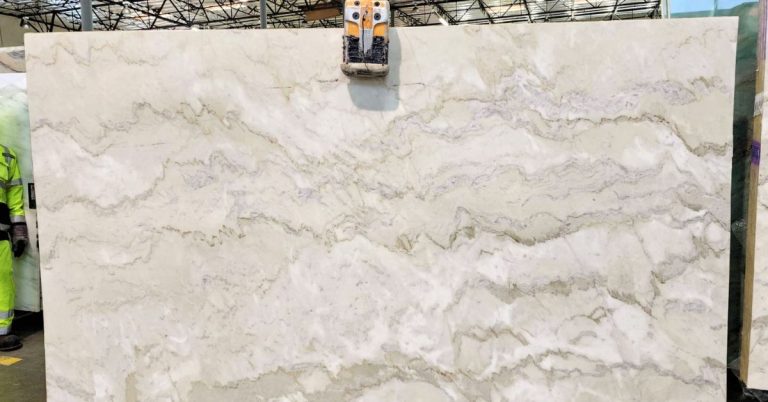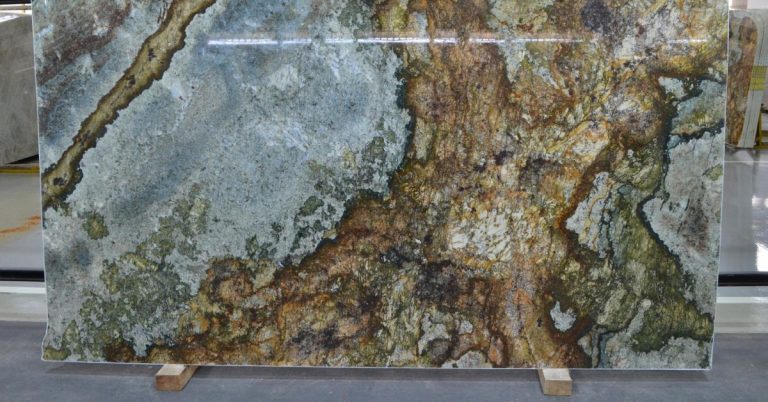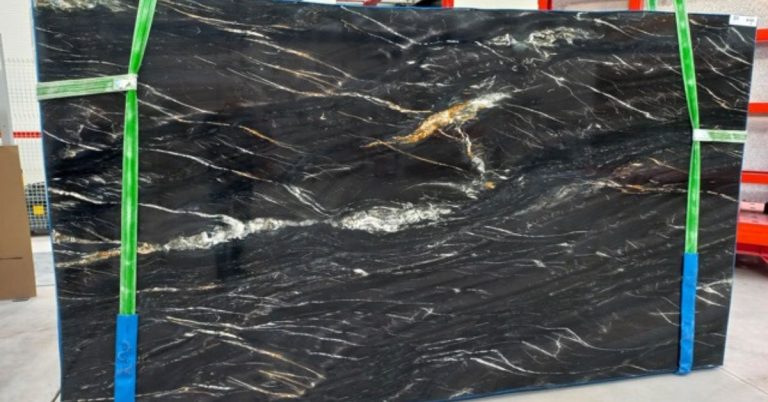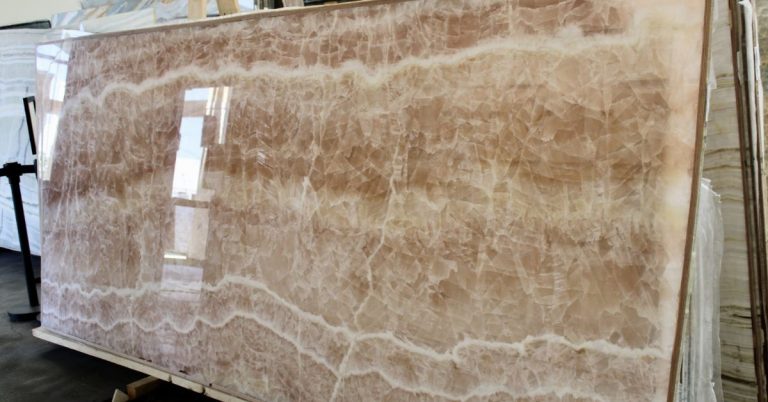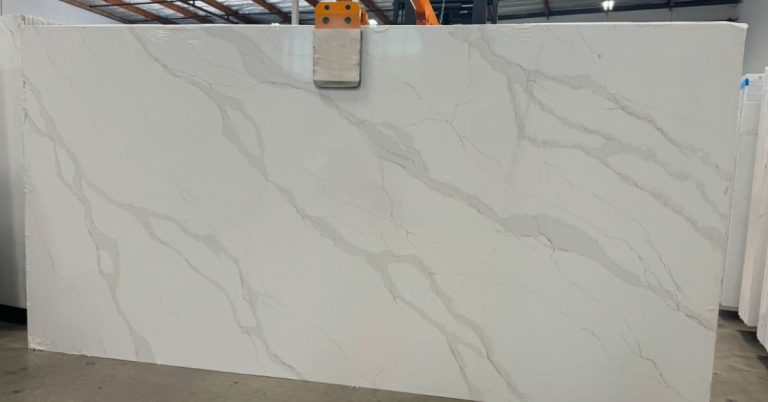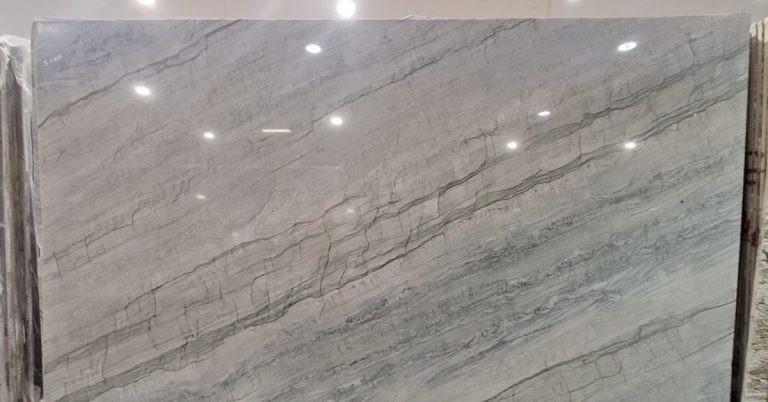Soapstone Countertops: Warmth Meets Practicality
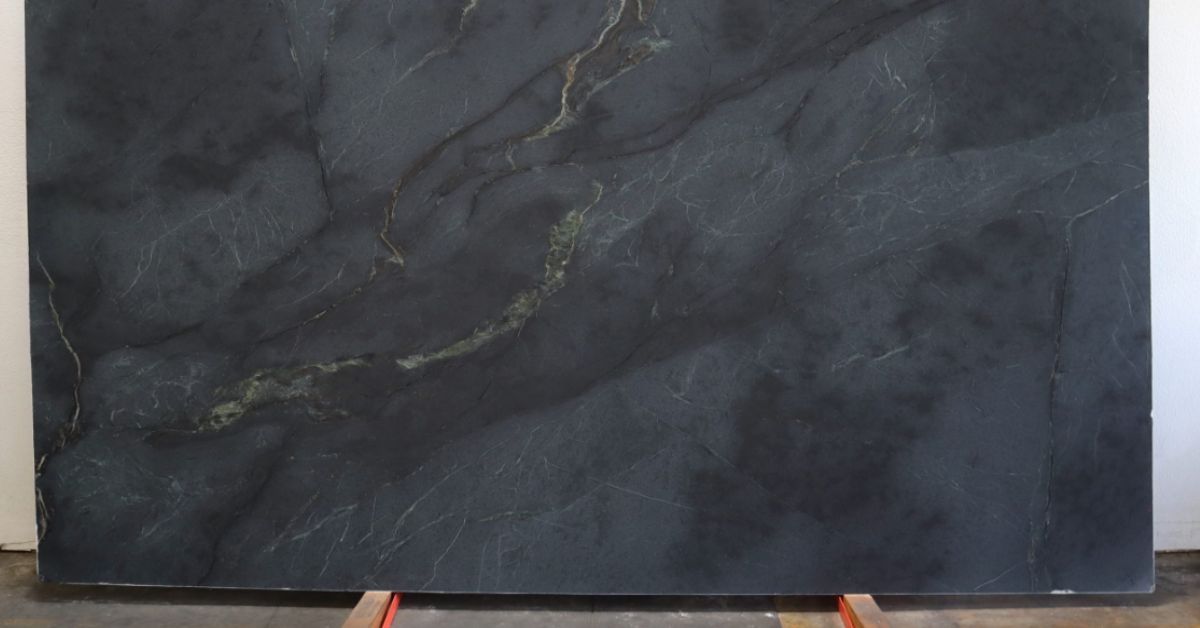
When selecting countertops for your kitchen or bathroom renovation, you want a material that combines beauty with functionality. Soapstone countertops offer exactly this balance, bringing natural warmth and impressive practicality to any space.
Unlike trendy materials that come and go, soapstone has proven its worth over centuries. From colonial-era farmhouses to modern luxury kitchens, this versatile stone adapts to any design style while maintaining its practical advantages. Understanding what makes soapstone special can help you decide whether it’s the perfect choice for your next home improvement project.
What Is Soapstone? Origins and Composition
Soapstone forms deep within the earth through intense heat and pressure acting on existing rocks. This metamorphic process creates a stone composed primarily of talc, which gives soapstone its characteristic soft feel and smooth texture. The name itself comes from this soap-like quality—run your hand across raw soapstone, and you’ll understand immediately.
Natural Variations and Character
The mineral composition of soapstone varies depending on its geological origins. Some varieties contain higher concentrations of chlorite, magnesite, or other minerals that influence both appearance and properties. These natural variations mean no two soapstone slabs look exactly alike, creating unique patterns and subtle color differences that add character to every installation.
Quarrying and Processing
Soapstone quarries operate across several continents, with notable deposits in Vermont, Virginia, and Brazil. The quarrying process requires careful extraction to preserve the stone’s integrity, as soapstone can be more fragile than granite or marble during handling. Once workers extract the soapstone, they cut and finish the slabs using specialized techniques that enhance the stone’s natural beauty while maintaining its structural integrity.
Benefits of Soapstone Countertops
Heat Resistance
Soapstone’s exceptional heat tolerance sets it apart from many countertop materials. You can place hot pans directly on the surface without fear of damage, making it ideal for serious cooks who need workspace flexibility. This heat resistance comes from the stone’s mineral composition and formation process, which creates a material that actually improves with thermal cycling.
Non-Porous Surface Protection
Unlike granite or marble, soapstone is naturally non-porous. This means bacteria, stains, and odors cannot penetrate the surface, making it inherently hygienic without requiring chemical sealants. The non-porous nature also makes cleanup effortless. Spills simply wipe away without leaving traces or requiring special cleaners.
Chemical Resistance in Daily Use
Soapstone stands up remarkably well to acids and alkalis that would damage other natural stones. Lemon juice, wine, and cleaning products that can etch marble leave soapstone unaffected. This chemical inertness made soapstone the material of choice for laboratory countertops and sinks for decades before it found its way into residential kitchens.
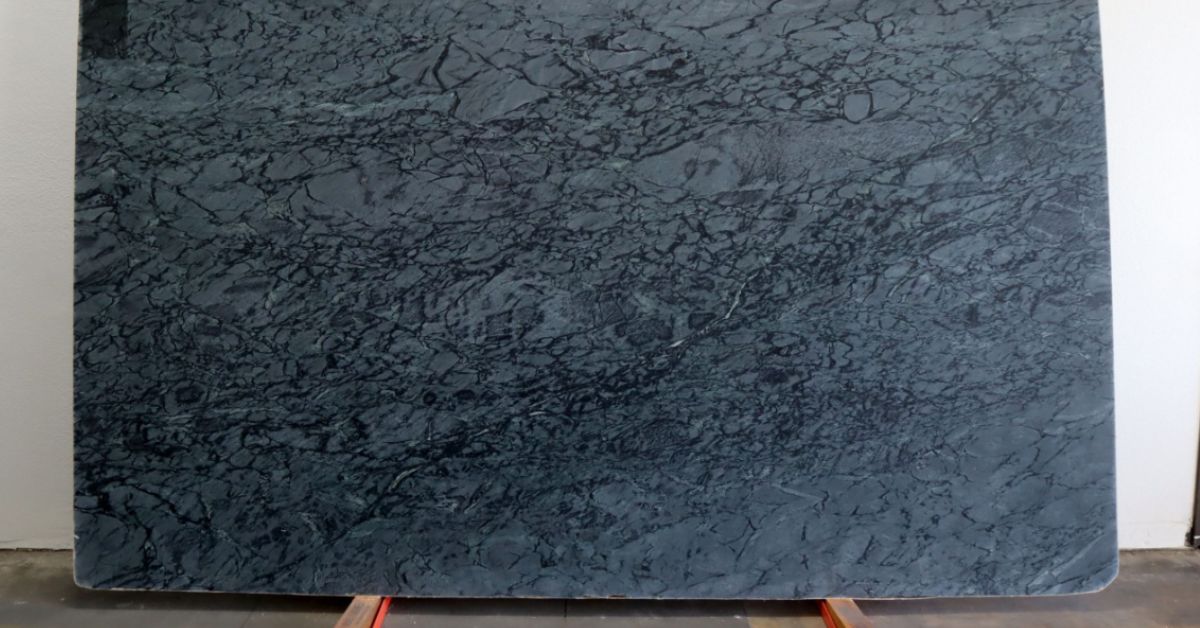
Aesthetics and Design Versatility
Color Palette and Natural Beauty
Fresh soapstone typically appears light gray with subtle veining, but it transforms over time. With use and age, the surface develops a rich charcoal patina that many homeowners find appealing.
Over time, your countertops will naturally age, developing a unique and distinctive character rather than appearing worn.
Design Compatibility Across Styles
Soapstone adapts beautifully to various design aesthetics. In traditional kitchens, it provides authentic historical character that painted cabinets and farmhouse sinks complement perfectly. Modern spaces benefit from soapstone’s clean lines and understated elegance, while transitional designs appreciate how the stone bridges classic and contemporary elements.
Texture and Finish Options
The natural texture of soapstone ranges from smooth to slightly rough, depending on how it’s finished. Some homeowners prefer the raw, slightly textured feel that develops naturally, while others opt for polished surfaces that emphasize the stone’s inherent smoothness. Both approaches offer distinct visual and tactile experiences that influence the overall kitchen atmosphere.
Durability and Maintenance
Softness vs. Weakness
Soapstone’s softness often causes confusion about its durability. While it’s true that soapstone is softer than granite, this doesn’t make it weak or unsuitable for countertops. The softness actually provides advantages. You can easily repair small scratches by lightly sanding, and the material won’t chip or crack like harder stones might under impact.
Daily Care Requirements
Maintaining soapstone countertops requires minimal effort. Regular cleaning with mild soap and water keeps the surface hygienic and attractive. Unlike sealed stones that need periodic resealing, soapstone’s maintenance routine never changes. The stone’s natural properties remain constant, eliminating concerns about failed sealants or special treatments.
Long-Term Performance
Properly installed soapstone countertops can last generations with minimal intervention. Small scratches that develop from daily use often disappear naturally as the surface continues to patinate. You can usually repair more significant damage using fine sandpaper and mineral oil, making professional restoration rarely necessary.
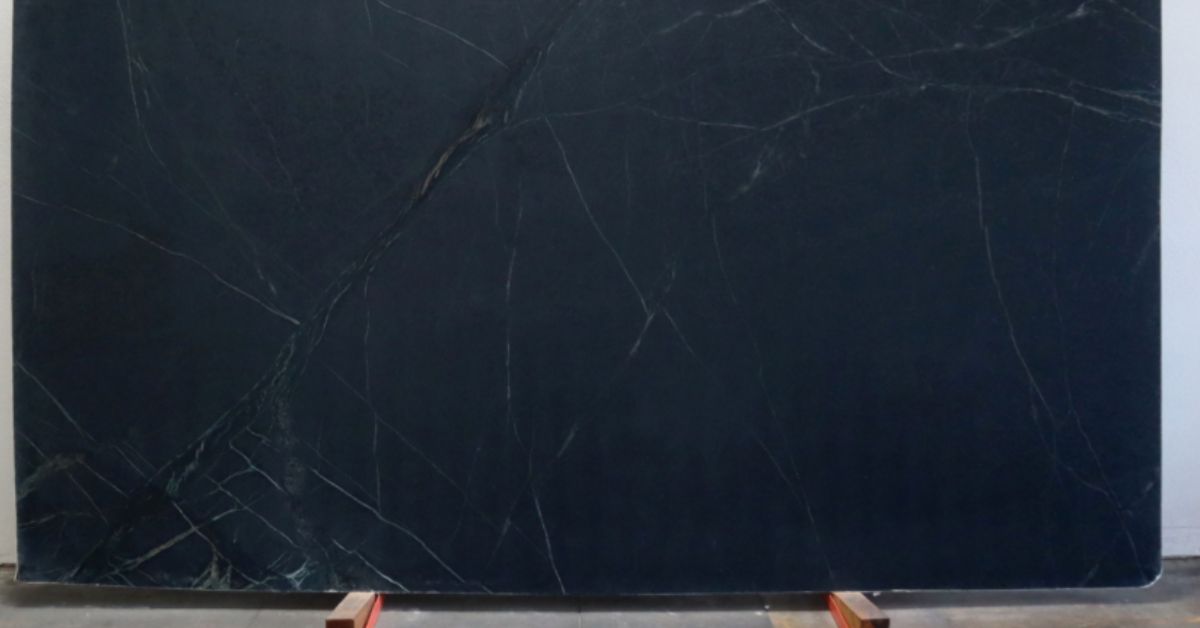
Cost Considerations and Installation
Soapstone pricing falls into the mid-to-upper range of natural stone options. While not as expensive as exotic granites or premium quartz, it costs more than basic materials. The investment often pays dividends through longevity, low maintenance costs, and the unique character that soapstone brings to your home.
Installing soapstone requires experienced professionals familiar with the material’s properties. The stone’s softness demands careful handling during templating, cutting, and placement. Proper support structures become crucial, as soapstone can crack if inadequately supported, particularly around sink cutouts or overhangs.
Soapstone vs. Other Countertop Materials
Comparing Natural Stone Options
Against granite, soapstone offers superior heat and stain resistance but less hardness and color variety. Marble provides more dramatic veining and prestige but requires significantly more maintenance and care. Soapstone strikes a middle ground, offering natural beauty with practical advantages that many homeowners find appealing.
Engineered Alternatives
Quartz countertops offer consistency and durability that natural stones cannot match, but they lack the authentic character and heat resistance of soapstone. Solid surface materials provide seamless installation and repairability but cannot replicate the natural beauty and aging characteristics that make soapstone distinctive.
Long-Term Value Comparison
While initial costs vary among materials, soapstone’s minimal maintenance requirements and exceptional longevity often make it cost-effective over time. The stone’s ability to age gracefully means renovations for aesthetic reasons become unnecessary, unlike materials that show wear or go out of style.
Transform Your Kitchen With Quality Soapstone
Choosing soapstone countertops means embracing a material that grows more beautiful with age and use. The decision ultimately depends on your priorities. If you value natural character, practical performance, and timeless appeal over dramatic patterns or extreme hardness, soapstone deserves serious consideration.
Stone Slab Store offers premium soapstone slabs for sale that can transform your renovation project. Our selection includes various grades and finishes, allowing you to find the perfect match for your design vision. With proper selection and professional installation, soapstone countertops can provide decades of reliable service while adding distinctive character to your home. Browse our selection to find the perfect slab today!

